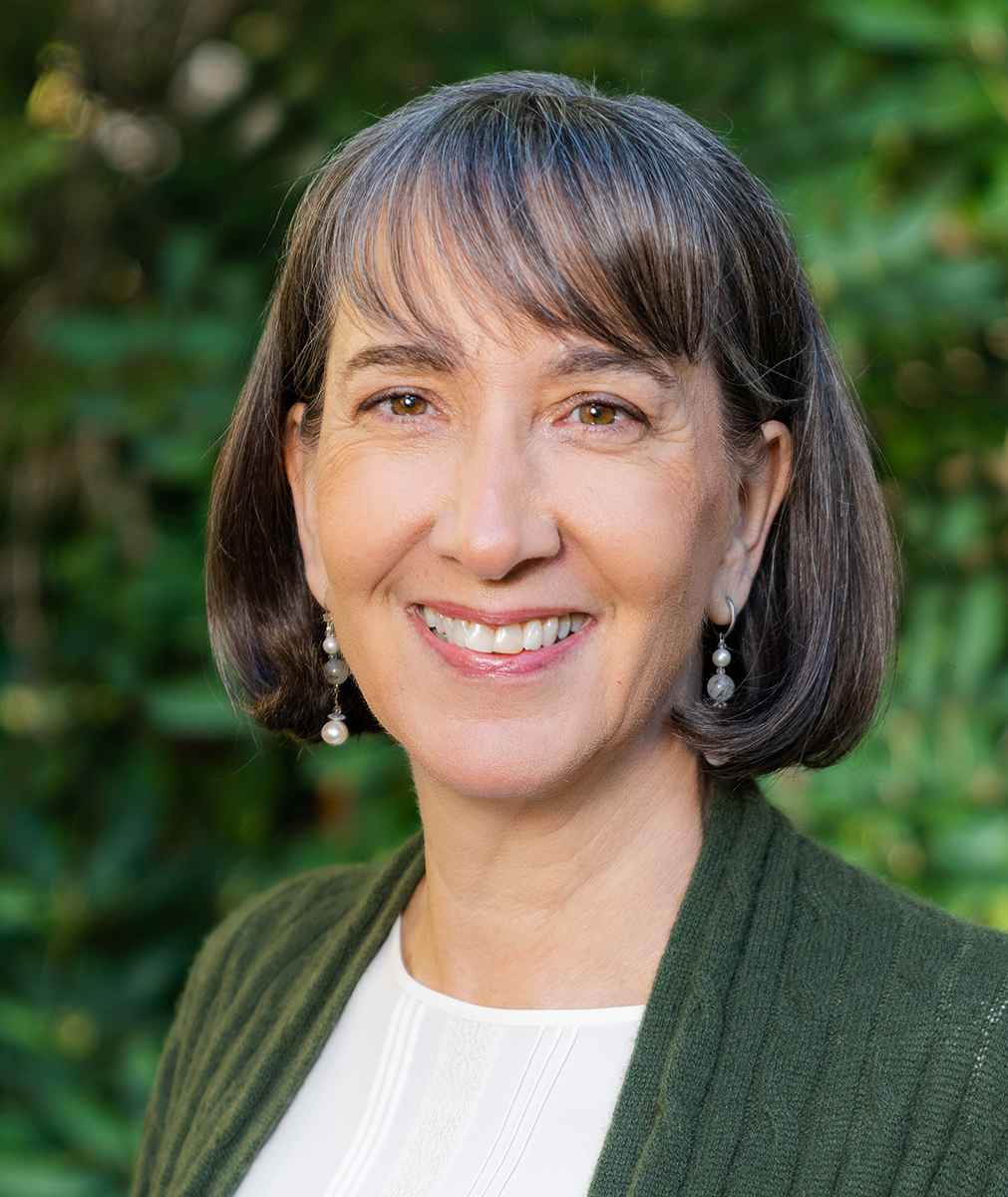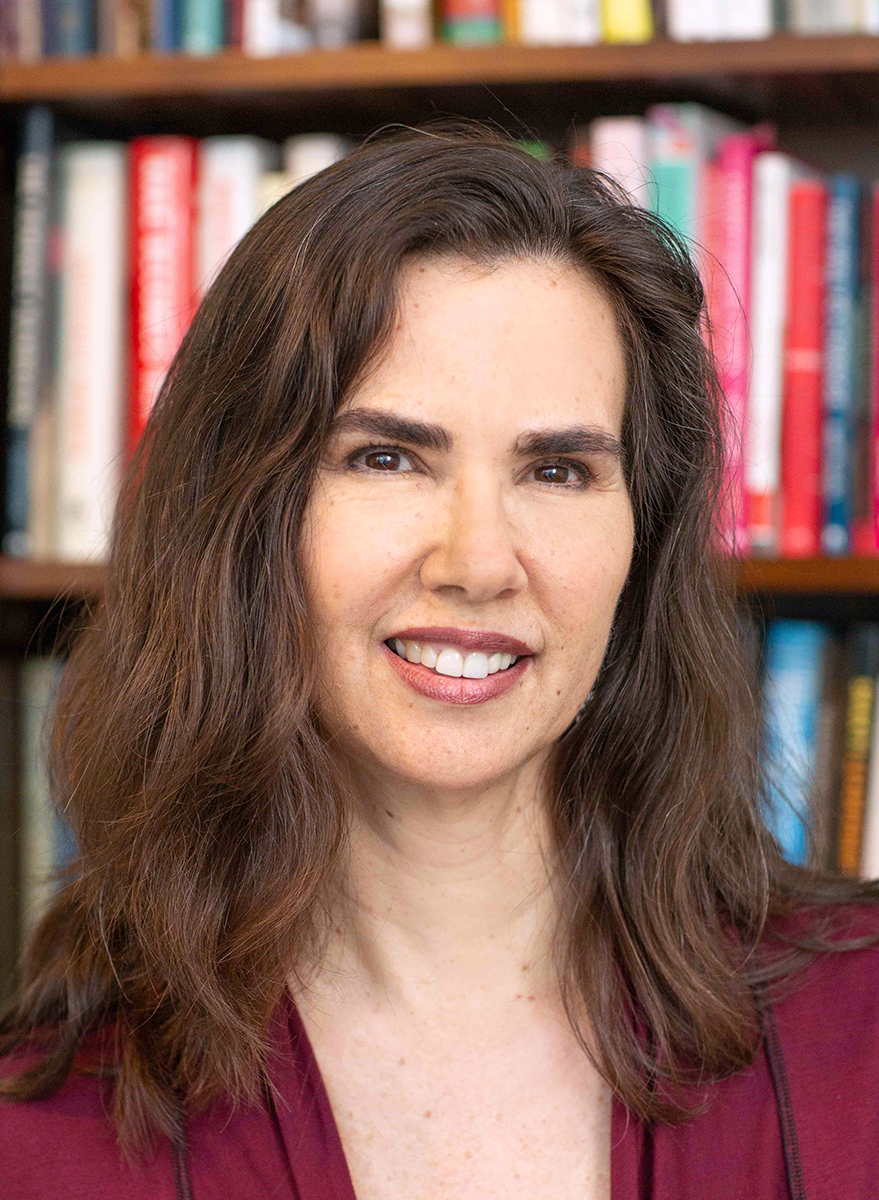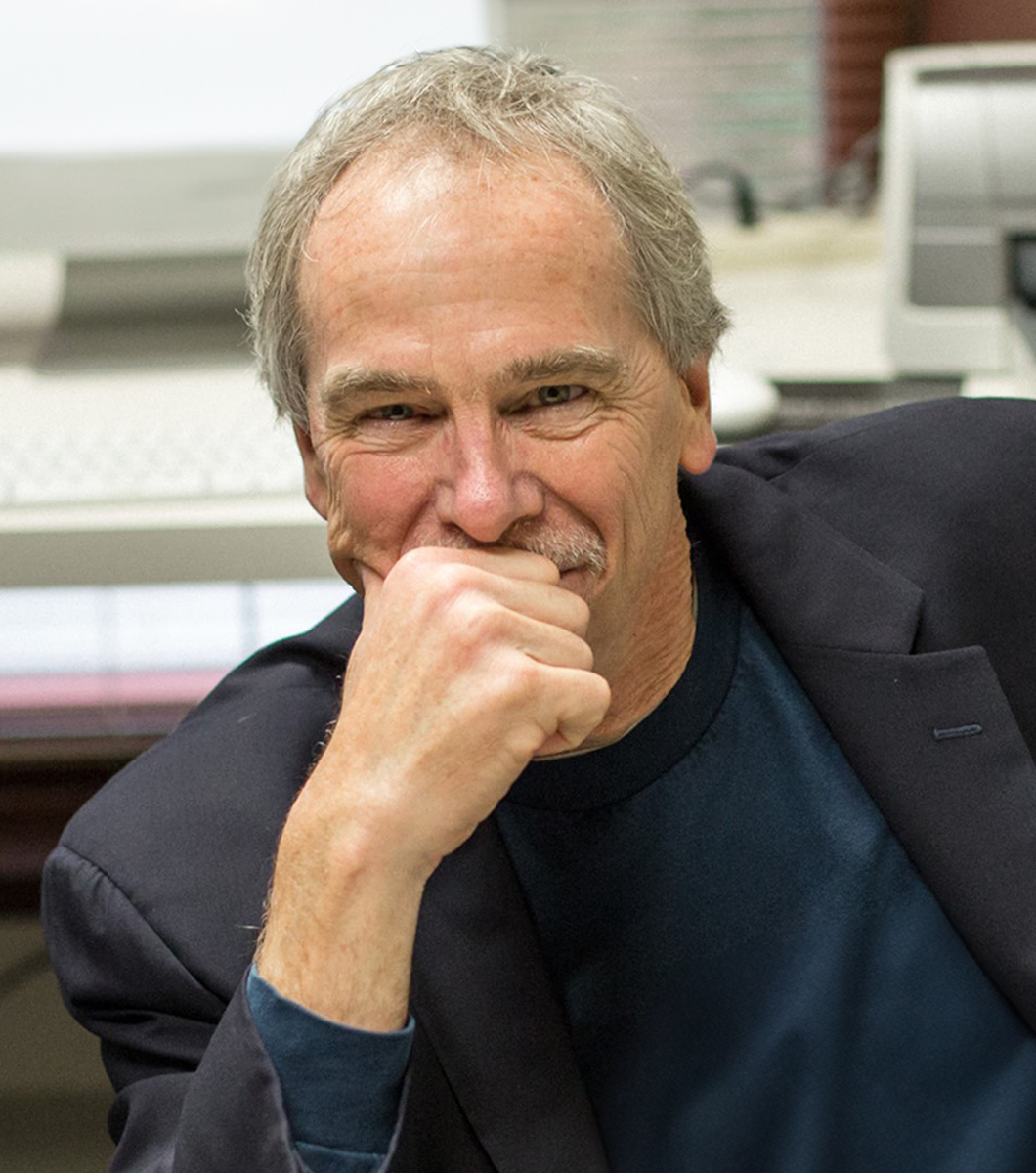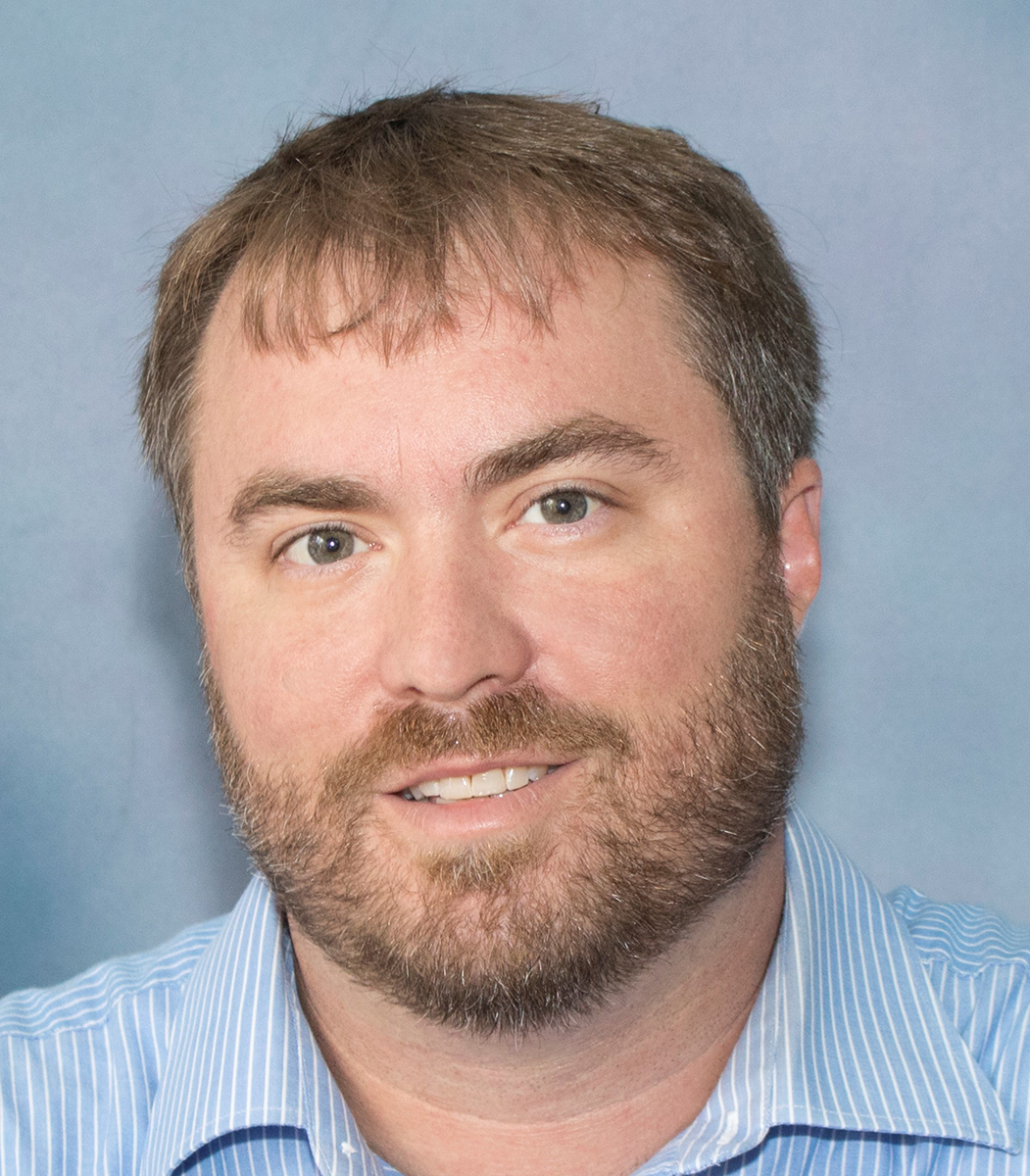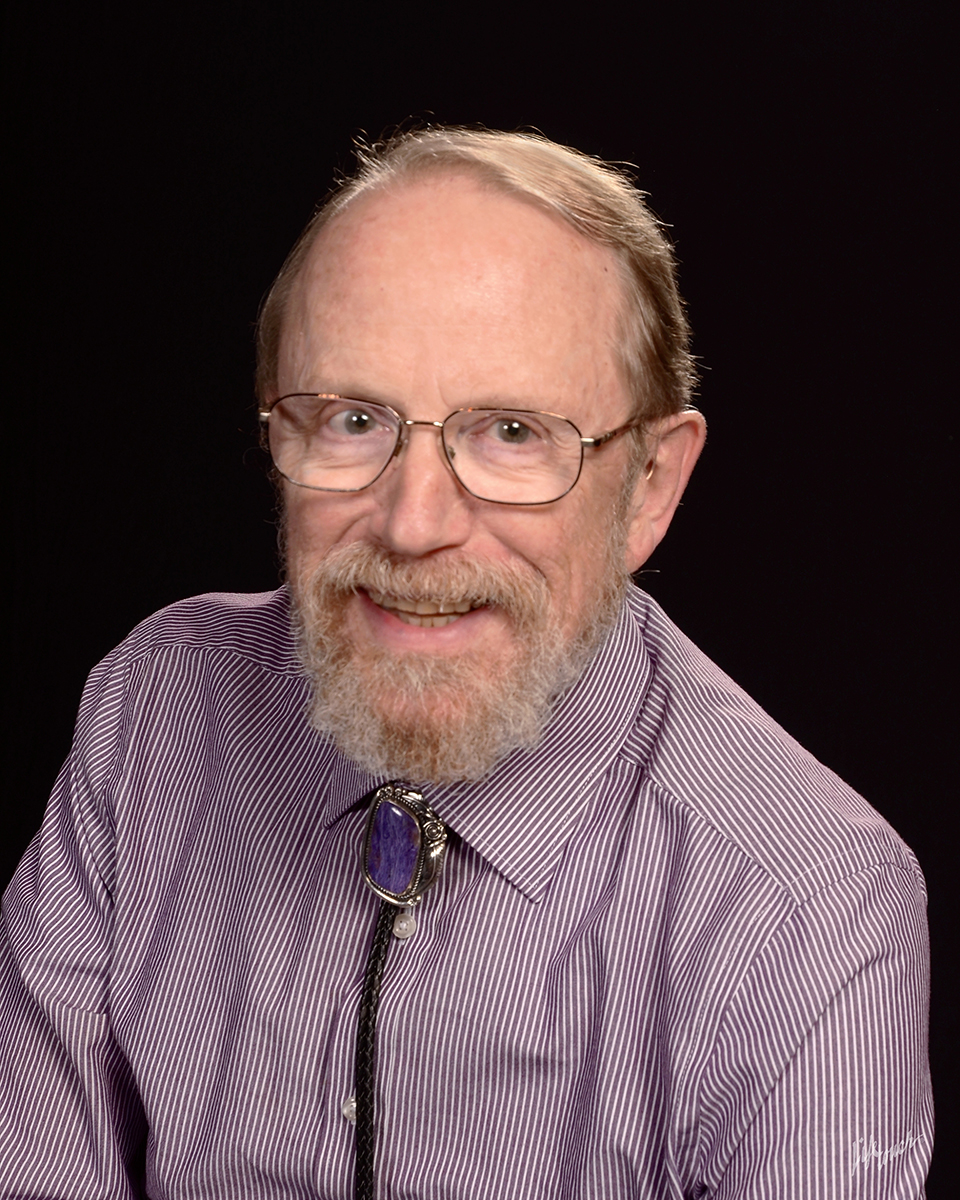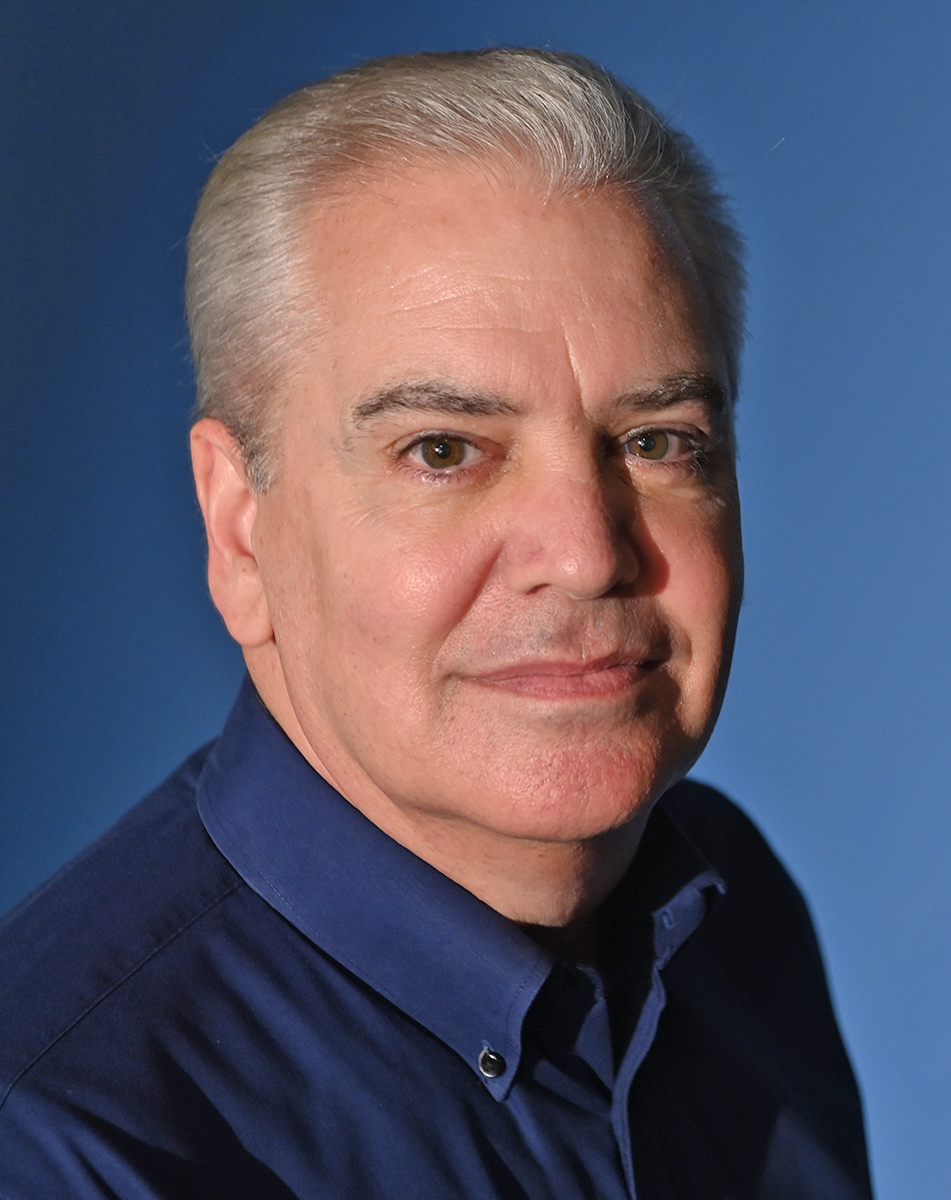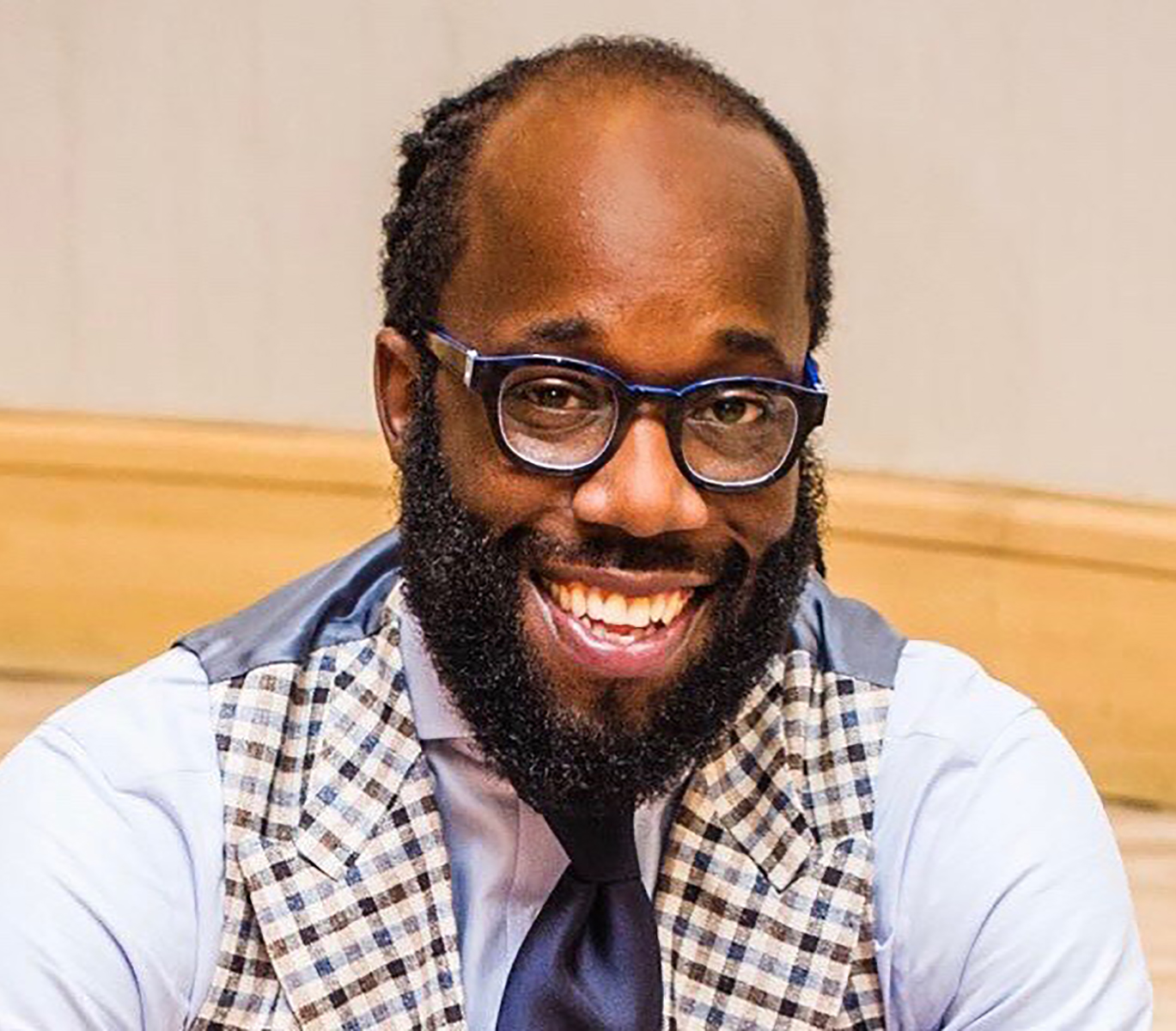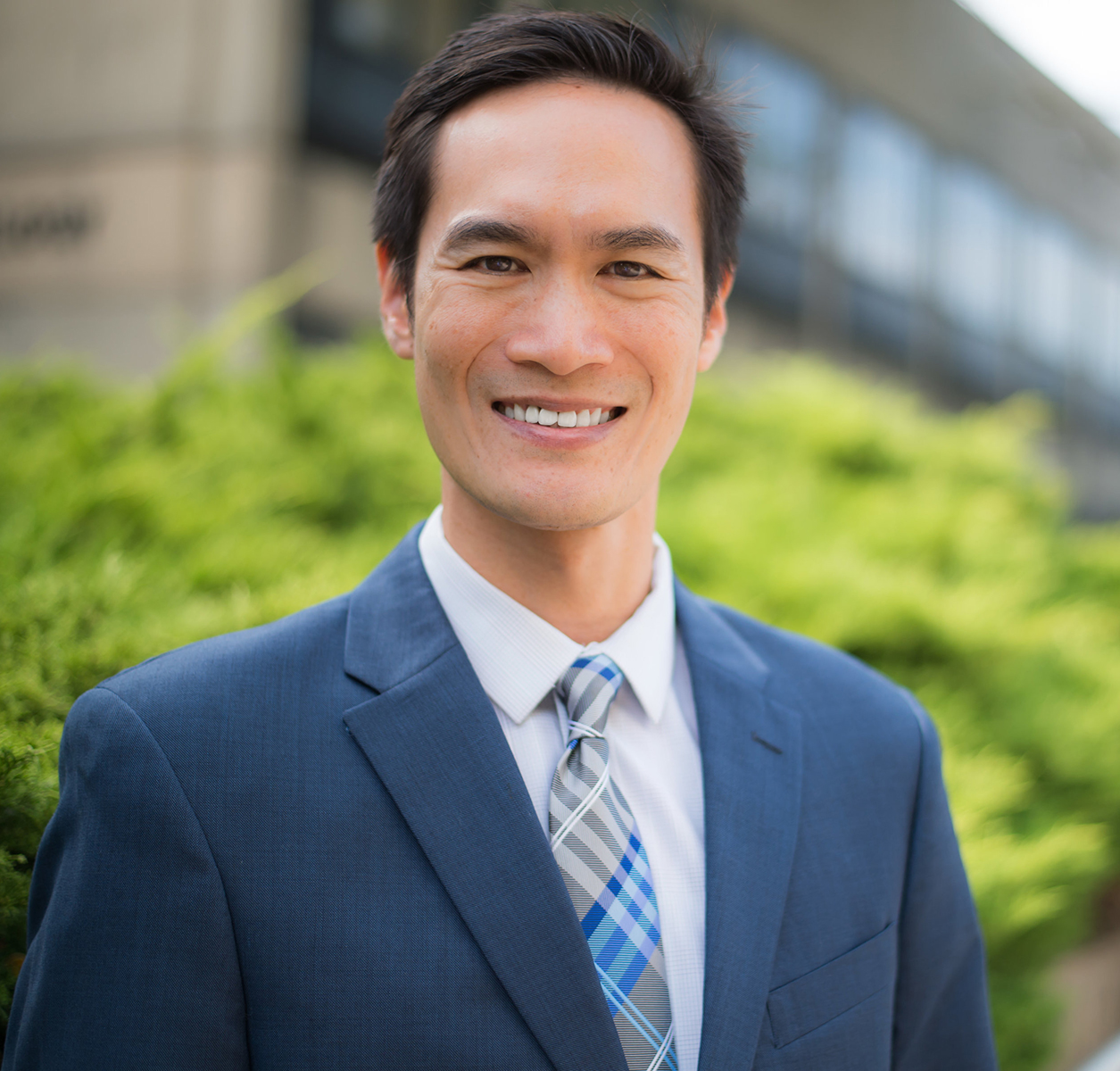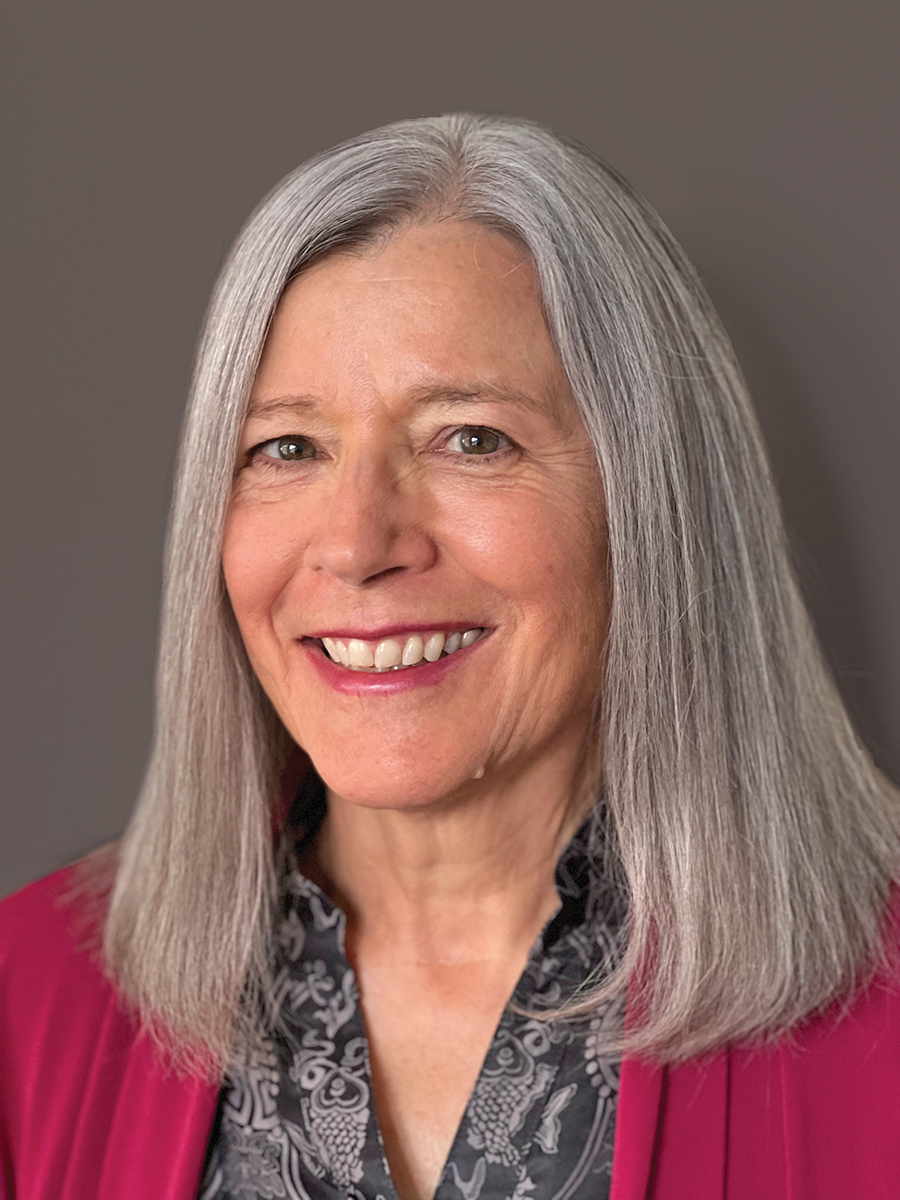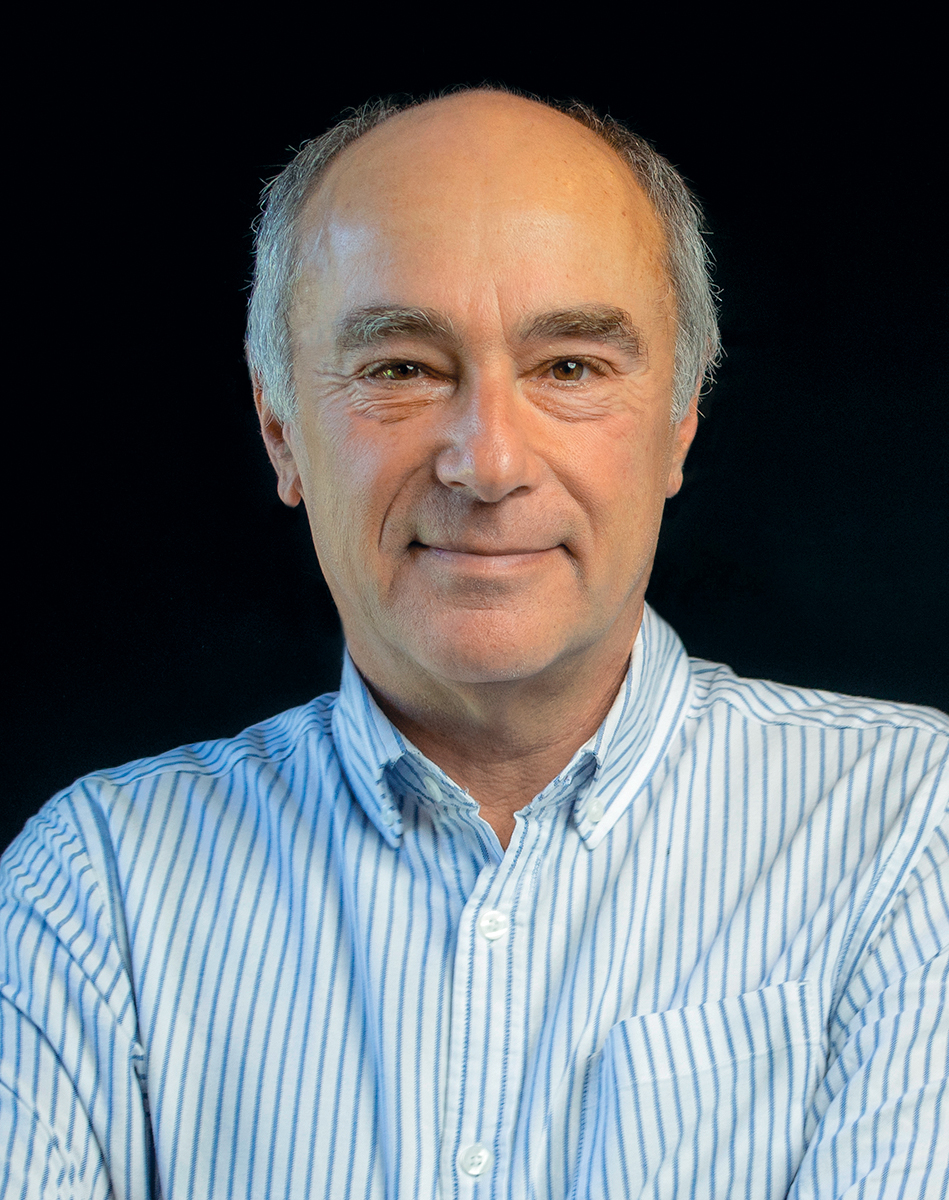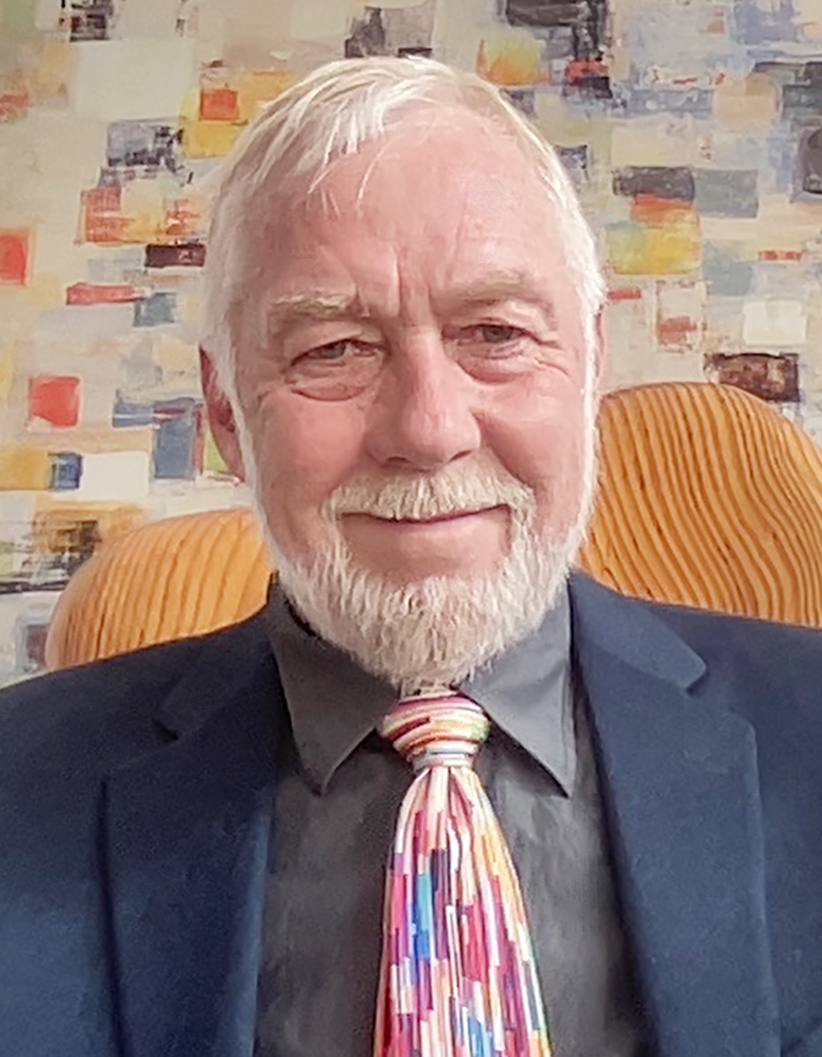Q&A with the Author
- What made you decide to write this book?
- What was the hardest part of writing it, and what was the easiest?
- What is one important lesson or message you hope readers take away from the book?
- Are there any other books that greatly influenced your writing process and/or your research?
- What led you to your specific area of study (the subject of your book)?
- Tell us one fascinating thing about this topic.
- Are there any common misconceptions about the topic?
- What advances do you hope we will see in the next 10 years?
- What made you decide to go into the field of mental health?
- When you are not working, what do you do for fun?
- What is your all-time favorite book?
- Is there a project that you are excited to work on next? (A presentation, a workshop, writing another book, etc.)
Tell us more about your latest book!
What made you decide to write this book?
I had always wanted to write a self-help book. There have been so many important developments in the fields of trauma and addiction and most people who suffer these never get professional help. In graduate school I was very moved by reading George Miller's 1969 American Psychological Association presidential address on "giving psychology away". Recovery from Trauma, Addiction, or Both is a small contribution toward that goal.
What was the hardest part of writing it, and what was the easiest?
The hardest part of writing it was writing it. Truly, I've always found writing very difficult although I greatly value the impact it can have and take the craft seriously. Once I get myself to start, though, I do enjoy it. The easiest part was interviewing people for the "Recovery Voices" section of each chapter—a person with direct experience of trauma and/or addiction writes about how the chapter relates to his or her own recovery. That feature is the one I'm most proud of in the book. I could never express as poignantly what they say in their own words.
What is one important lesson or message you hope readers take away from the book?
That there are many paths to recovery. Recovery is the central goal of the book, but each of the 35 short chapters gives a different angle on how to get there. It's written in a flexible way so that people can go with what sparks their interest, in any order. I think that's how recovery happens—moments of inspiration, following a meandering path, but making progress. Examples of chapters are, "Every child is a detective;" "It’s medical—you’re not crazy, lazy or bad;" "Possible selves;" "Wish versus reality;" "The culture of silence;" "How to survive a relapse;" and "See the link."
Are there any other books that greatly influenced your writing process and/or your research?
My favorite book on the writing process is Anne Lamott's Bird by Bird, a funny, compassionate book for anyone trying to write. As for influences on my research there are too many to list here so I'll just name a few books: Kay Redfield Jamison's An Unquiet Mind; Judith Herman's Trauma and Recovery; Carolyn Knapp's Drinking: A Love Story; and Dorothy Allison's Bastard Out of Carolina. All are heart-breaking, eloquent books relevant to mental illness.
We are interested in learning more about your expertise.
What led you to your specific area of study (the subject of your book)?
One level was professional. I had the great fortune of working at McLean Hospital and Harvard Medical School in the early 1990’s and my mentor there was working on treatment of co-occurring disorders. I was assigned to write a grant so I applied to the National Institute on Drug Abuse to work on the topic of PTSD and substance abuse, an area that was little-researched at that time. That grant started by work in this area and I've continued to grow as the field has grown. On a personal note, the topic of trauma resonated with me. I experienced a violent assault while in graduate school, and my mother and grandmother had also experienced major trauma. My personal empathy for trauma combined with the newly emerging area of co-occurring disorders was extremely compelling to me. I assumed I would move on to other topics over time yet decades later it remains my focus. It ended up becoming a huge area, and for good reason—from a public health standpoint it's clear that trauma and addiction co-occur often and in all kinds of populations.
Tell us one fascinating thing about this topic.
Addiction is often misunderstood as just poor coping. But for some people who lived through awful trauma, alcohol or drugs may have kept them alive. The task now is to find a way to manage life without substances and to come to terms with trauma. The book offers ways to do that.
Are there any common misconceptions about the topic?
One of the biggest is that addiction needs to be resolved before trauma is addressed ("get clean and sober first"). Another is that trauma work has to involve telling the painful trauma story, telling the details of it. That's an option but not at all required for healing. It's key to respect each person's choice.
What advances do you hope we will see in the next 10 years?
I hope that psychotherapy clinical trials will address, beyond outcomes, additional real-world metrics such as which treatments patients and therapists prefer and why; costs of treatments; ease of implementation, etc. Also it's vitally important to address how to provide more access to care and more funding for care. There are a lot of fine therapy models and a lot of empirical testing but in the end, how do you fund programs, how do you keep patients from going through the revolving door cycles, how do you give them sustained support?
Now a little bit about you…
What made you decide to go into the field of mental health?
On one level it was a split-second decision. I was a public high school teacher (which is what my father did for his 45-year career). One day as I walked up the stairs with my teaching supervisor, she told me about the field of clinical psychology. As soon she described it I knew in an instant, "That's it, that's what I want to do." At a deeper level, my mother had been a psychiatric social worker and was passionate about her work—that was a major influence. Most of all, I care deeply about helping people. It's been a perfect career fit for me, although not without its ups and downs along the way.
When you are not working, what do you do for fun?
My top three are long bicycle rides, West Coast Swing dance, and a quirky sounding sport called pickleball. Basically anything active and/or outdoors—the perfect antidote to sitting in front of a computer.
What is your all-time favorite book?
It's too hard to name one favorite, but currently I'm reading the Bill Bryson book Neither Here Nor There. He is fantastically funny and smart, and has major insights about culture and human nature.
Is there a project that you are excited to work on next? (A presentation, a workshop, writing another book, etc.)
I'm working on Creating Change, a book to be published by Guilford Press. It's a past-focused treatment manual for trauma and addiction that mirrors the style of Seeking Safety. Seeking Safety is a present-focused manual for trauma and addiction that was published by Guilford Press as well.
See all titles by and read more about Lisa M. Najavits on her author page!
